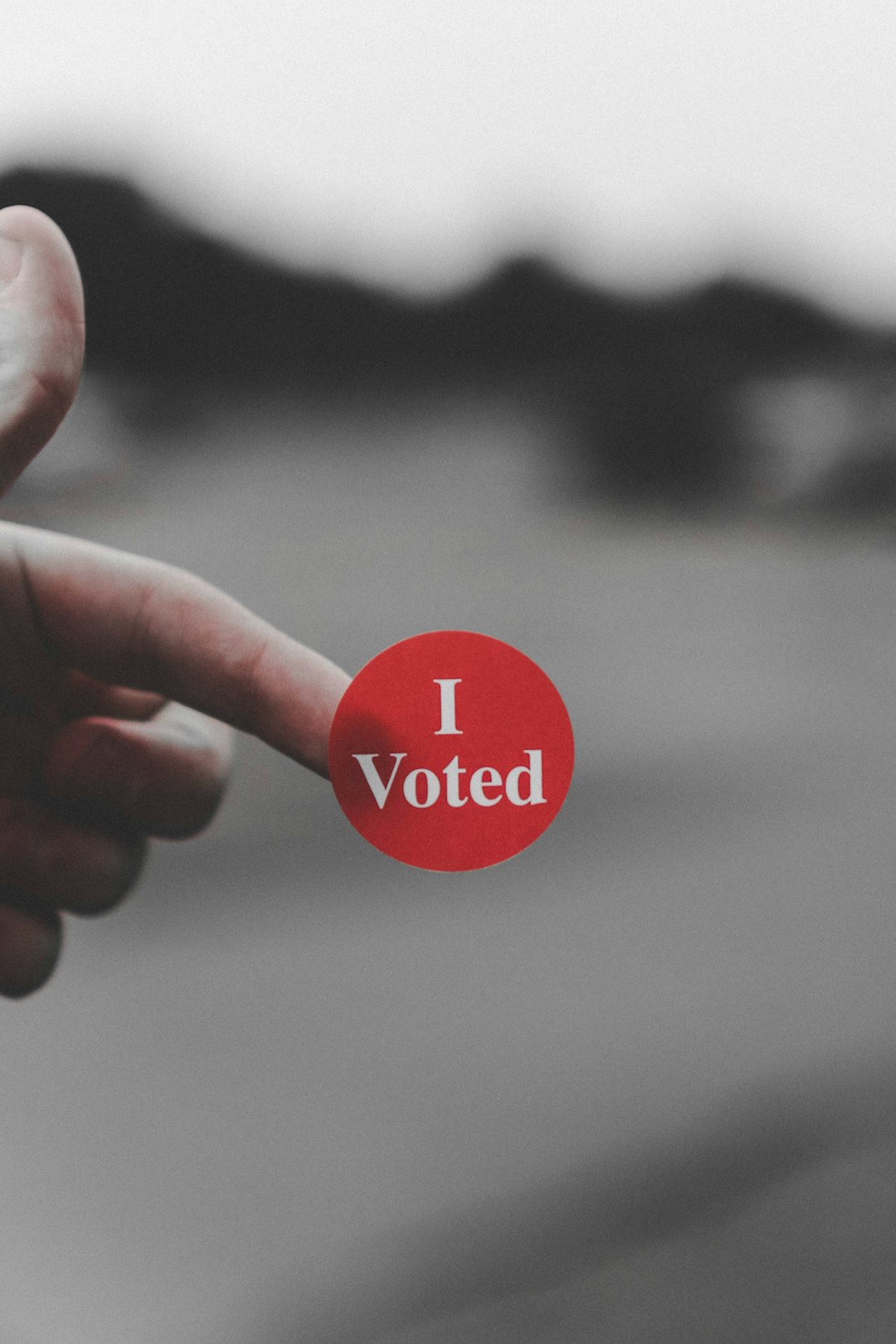
Navigating Economic Recovery Post-Pandemic: Opportunities and Challenges.
## Introduction. The COVID-19 pandemic has profoundly impacted economies around the globe, forcing businesses to adapt rapidly to a new reality. As countries begin to reopen and citizens transition to a post-pandemic life, understanding the trajectory of economic recovery is vital for governments, businesses, and individuals alike. This guide will explore the primary pathways for economic recovery, the challenges faced, and the opportunities that could drive sustainable growth in the coming years. ## Understanding the Current Economic Landscape. As of 2024, the global economy is witnessing a slow yet steady recovery from the pandemic-induced recession experienced in 2020. Gaps in employment, disrupted supply chains, and modified consumer behavior have led economists to redefine growth strategies. Various sectors, including technology, healthcare, and renewable energy, have experienced faster recovery rates, while others such as tourism and hospitality continue to lag behind. The International Monetary Fund (IMF) and World Bank have provided guidance on recovery strategies, noting the need for countries to invest in resilient infrastructure, digital transformation, and sustainable practices. Governments are now faced with the challenge of supporting struggling sectors while fostering innovation and growth in emerging industries. ## Financial Stimulus and Government Initiatives. Monetary policy and fiscal stimulus have played a crucial role in the early stages of recovery, with many governments embarking on unprecedented spending measures to stabilize their economies. The United States, for instance, deployed a significant stimulus package aimed at direct economic relief for individuals and businesses. This initiative not only provided immediate assistance but also sparked discussions on expanding social safety nets. International cooperation is vital for effective economic recovery, as the pandemic has taught us that no country operates in a vacuum. Organizations like the G7 and G20 are working collectively to establish policies that address global challenges, striking a balance between national interests and global responsibilities. Moreover, an increased focus on ESG (Environmental, Social, and Governance) investments presents an opportunity for aligning economic recovery with sustainable development goals. ## Adoption of Digital Transformation. The pandemic has accelerated the adoption of technology across various sectors—a trend likely to continue in the post-pandemic world. Digital transformation has become a necessity for businesses seeking to remain competitive, streamline operations, and enhance customer experiences. Remote work, e-commerce, online education, and telehealth services have surged, driving innovation and redefining market dynamics. Small and medium-sized enterprises (SMEs) have particularly shown resilience by embracing digitalization to pivot their services online. The focus now shifts towards ensuring equitable access to technology to foster inclusivity and prevent a digital divide that could lead to further economic inequality. ## The Role of Consumer Behavior in Recovery. Consumer behavior has fundamentally changed due to the pandemic, with varying expectations around safety, convenience, and sustainability emerging at the forefront of purchasing decisions. Businesses must adapt to this new consumer mindset by focusing on personalized experiences, transparent communication, and community engagement. Moreover, the growing preference for local products has sparked a resurgence in support for domestic markets. Companies that align their operations with community values are more likely to foster customer loyalty—an essential component of post-pandemic recovery. Businesses should leverage these insights to create relevant marketing strategies and product offerings that resonate with their target audience. ## Addressing Labor Market Challenges. While the recovery process is underway, the labor market remains in flux. Millions of workers face unemployment or underemployment as industries adapt to new operational standards. Addressing these labor market challenges requires targeted training and upskilling programs to prepare workers for the jobs of tomorrow. Governments and private-sector stakeholders must collaborate to implement effective workforce development initiatives focusing on in-demand skills. Furthermore, initiatives addressing mental health and well-being in the workplace are critical in ensuring a resilient workforce capable of navigating the complexities of a post-pandemic world. ## Conclusion. The journey to economic recovery post-pandemic is intricate, presenting both challenges and opportunities. As we strive to navigate this new landscape, it is crucial for policymakers, businesses, and consumers to work collaboratively to ensure sustainable growth. Embracing technology, fostering innovation, and investing in human capital will be essential drivers for a robust recovery that benefits all stakeholders in society. The lessons learned during this unprecedented time can shape policies and strategies that lead to a resilient, inclusive economic future. .









